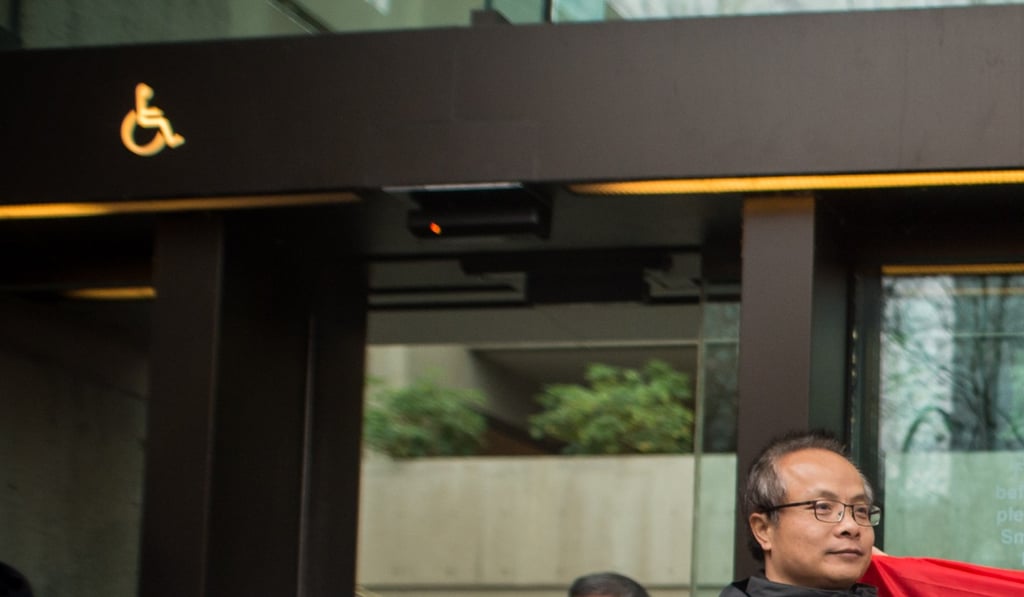Opinion | Why the arrest of Huawei’s CFO amid trade war tension should not push China to rely more on home-grown technology
- Scott Kennedy says techno-nationalism is a fool’s errand and instead of doubling down on self-reliance, China should launch a new great leap of reforms, given that the sectors which are most open to competition have performed best

Potentially incendiary incidents are nothing new. The 1995-1996 Taiwan Strait crisis, the unintentional bombing of China’s embassy in Yugoslavia in 1999 and the collision of military aircraft above Hainan in 2001 also incited nationalist passions. But in these cases, China’s leadership eventually tamped down emotional reactions and compartmentalised these problems in the name of preserving the overall relationship.
The case in Vancouver involves only a single individual and is being handled by a country with a strong rule of law tradition. Given Canada’s desire to maintain strong commercial ties with China, it wouldn’t run the risk of offending Beijing were there not significant evidence justifying these actions. Yet this case seems like it could be so damaging because the broader atmosphere has already soured and the relationship feels genuinely fragile. Also, because it is likely to be far from the last shoe to drop in the West’s focus on Huawei and cybersecurity.

